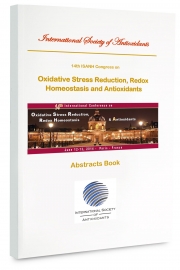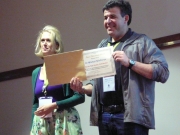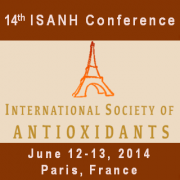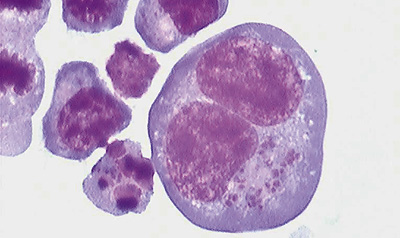 Dr Souhila Medjkane and her team from Université Paris Diderot studied the effects of an intracellular parasite called Theileria that infects bovine leukocytes and turns them into invasive cancer-like cells.
Dr Souhila Medjkane and her team from Université Paris Diderot studied the effects of an intracellular parasite called Theileria that infects bovine leukocytes and turns them into invasive cancer-like cells.
They show that intracellular Theileria parasites drive a Warburg-like phenotype in infected host leukocytes, which were lost when the parasite was eliminated. The cohabitation of the parasites within the host cells leads to disruption of the redox balance and elevated ROS levels, associated with chronic stabilization of the hypoxia-inducible factor 1 alpha (HIF1α). They show also that stabilization of HIF1α, following increased ROS production, modulates host glucose metabolism and is critical for parasite-induced transformation.
This study which expands knowledge about the molecular strategy used by the parasite Theileria to induce the transformed phenotypes of infected cells via reprogramming of glucose metabolism and redox signaling will be presented during Antioxidants World Congress 2014.
For more information: www.isanh.fr









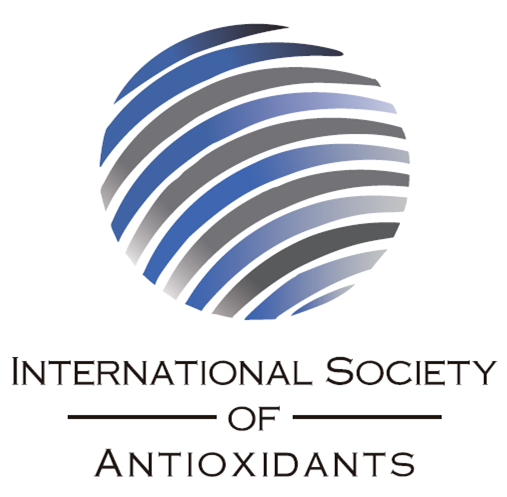
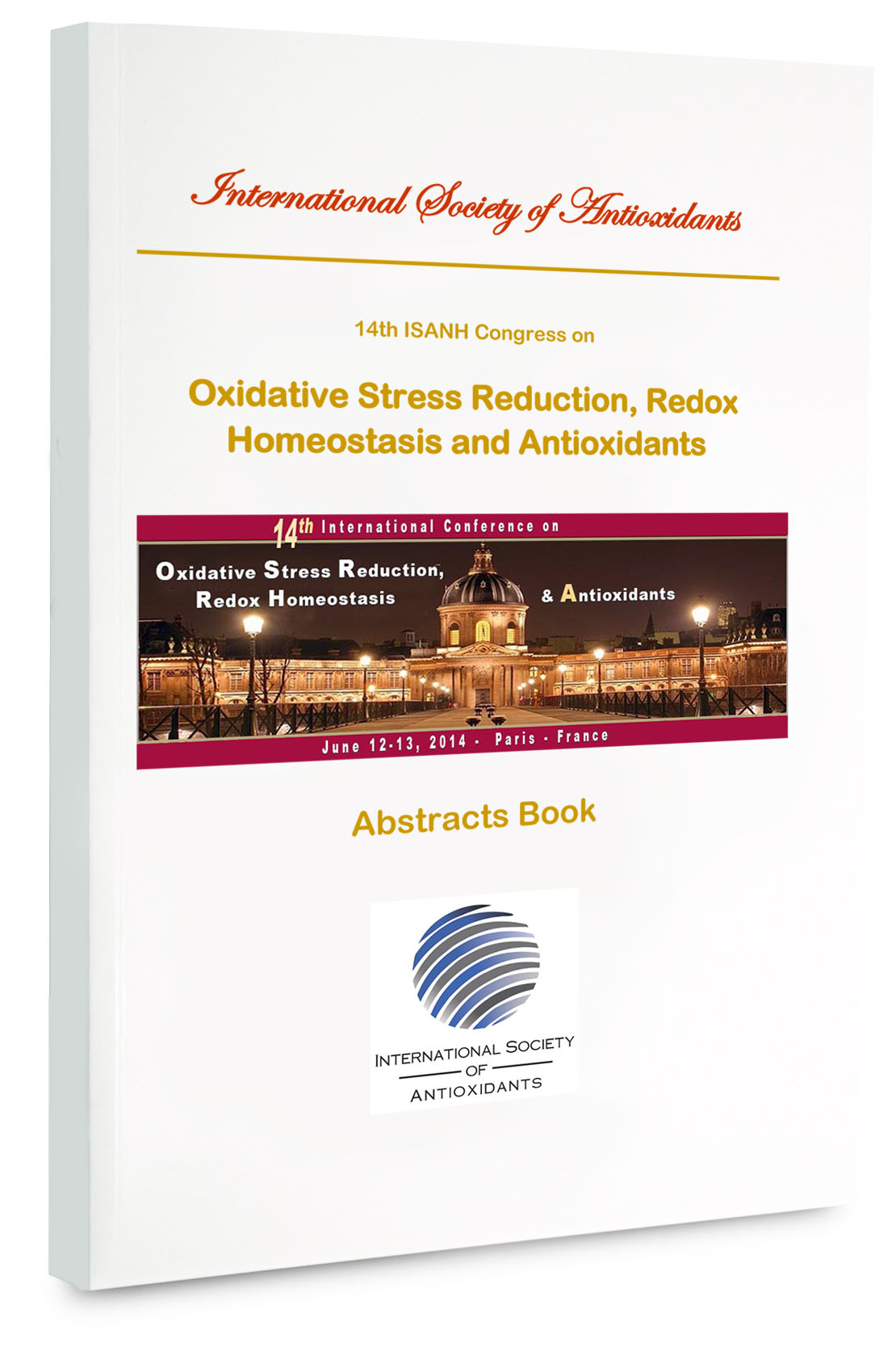 Please click here to purchase
Please click here to purchase